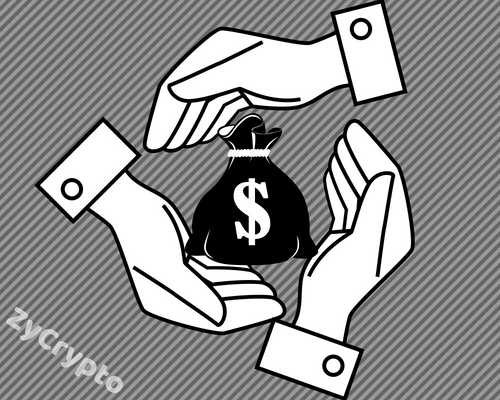Informal sector traders and retailers in Nairobi are overcoming credit apathy by the country’s banks with new age blockchain technology marketplace apps.
They are using an online marketplace called Twig, a startup backed by IBM. Twig is buying produce directly from farmers and other producers, and selling them to those small-time businesses, medium-sized businesses like groceries, vegetable vendors who order on their mobile app.
The retailers have further refined their supply chain by using apps to procure their purchases from these remote markets to their doorsteps, saving on money, time and other limited resources.
Credit Data of Traders
Driving this app is the same technology that is used by cryptocurrency users to mine for virtual coins such as bitcoin, Ethereum or ripple – blockchain technology. For Kenyans, the value is not in the adaption of the latest computing technology but a larger economic principle which is the by-product of this technology.
Twig in order to understand its buyer’s behavior has been using blockchain technology to analyze their ordering and buying patterns and the correlation of these activities with that of the finances at the individual’s disposal. The capacity of the individual trader to place an order is subject to the capacity to raise short-term loans of $30 for a week, the app found during its pilot tests.
Kenyan economists like to call the data which Twig is collecting, analyzing and reporting for the very first time in Kenya’s history, as the “creditworthiness history” of the Nairobi retailers. They predict that this data is set to unshackle the informal $20 billion-worth Kenyan informal sector.
Traditional banks which so far could not find the evidence or the value in funding this sector, now have the data at their fingertips and are likely to consider loans, funds and other options to help individuals engaged in business in this sector, thanks to Twig’s large-scale profiling of creditworthiness of a business.
Chief executive officer, Habil Olaka, of the Kenya Bankers Association, states that, “Currently, small businesses have trouble accessing credit, because they are assumed as a group, but if you have a good track record, you create your own score. Therefore your performance in the credit market gives you access and better terms.” He adds that “I wouldn’t say that blockchain technology will solve the challenges that affect this group of transactors only the potential,”
Lack of creditworthiness, saw banks refusing loans
According to Anzetse Were, a development economist in Nairobi, “access to credit in the informal sector is not well-known because the data is neglected.” Banks have denied lending to the informal sector, as they do not have the data to ‘grade the risks’ of the business entities and would usually go by their judgment of the sector. Twig’s blockchain technology is offering new data for banks to base their lending services, for the informal sector in Nairobi now.






